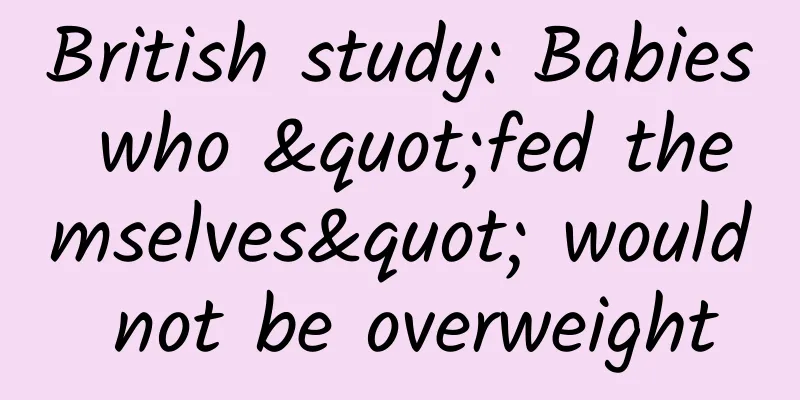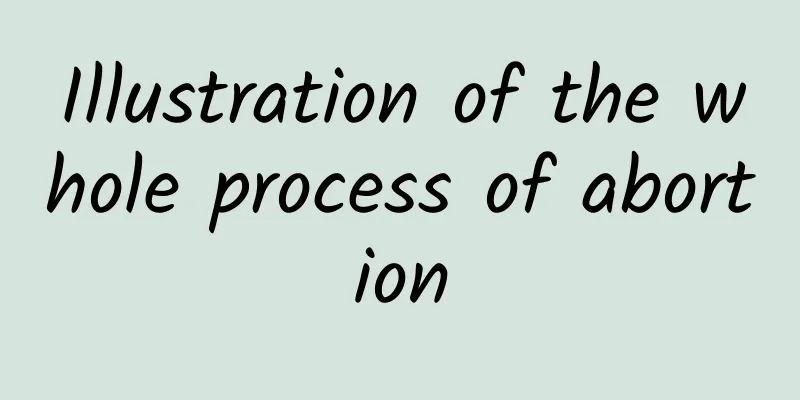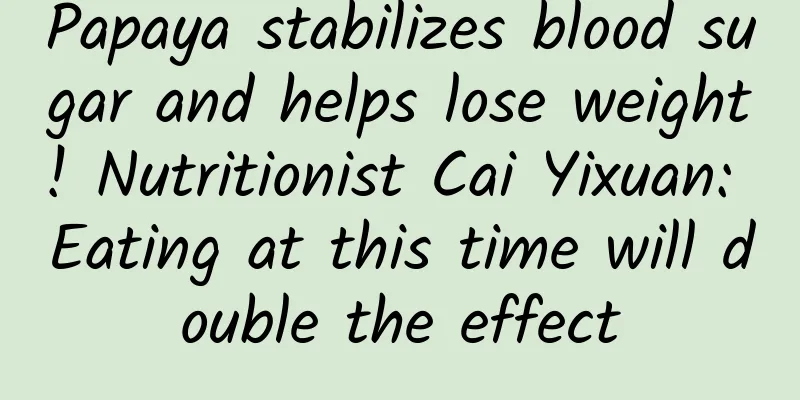British study: Babies who "fed themselves" would not be overweight

|
In the parenting experience of many parents, what food to feed the baby after weaning and how to eat in order to achieve balanced nutrition are often important topics. However, some foreign researchers believe that if parents continue to feed their babies, their babies may become obese; if babies eat food with their own hands, their weight will be lighter. Some British scholars have suggested that it would be better to let children grab food and eat it by themselves. (Photo/From the British BBC) The Guardian quoted an innovative research report from Nottingham University yesterday, which targeted 155 children aged between 20 months and 6 years old. The children were divided into two control groups: 92 "self-feeding" and 63 "passively fed". They were given 151 food items in five categories to choose from, and their parents measured their weight changes every day. The results showed that babies who ate food with their own hands not only had a lighter weight, but also had a dietary preference that was more focused on carbohydrates. The report was published in the British journal MBJ Open on February 6. Alan, who is responsible for this report. Dr. Ellen Townsend said that many parents would mash the food before feeding it to their babies, and the babies would just keep swallowing it. As a result, 8 out of 63 children had a BMI index that was judged to be obese and they had to lose weight because they had a clear preference for sweet foods rich in sugar, such as sugary fruit purées. In contrast, babies who are "self-reliant" will decide what food to put in their mouths according to their current needs. Without being "force-fed", children's diet is not only more diverse, but they are also less likely to suffer from "pseudo-obesity". In addition, these babies particularly like carbohydrate foods such as bread or pasta, which may be related to the fact that they are easy to chew and digest. Some scholars have raised objections, believing that the number of valid samples in this study is too small, and considering the errors made by parents in recording weight, its reliability and validity may be reduced; however, most people have a positive attitude towards the research results, because no one has ever noticed that passive feeding and independent eating will have an impact on children's weight and eating habits. This may allow some parents to revise their "parenting experience." |
<<: American beef controversy! Civil society groups call for supporting measures
>>: Australian study: Too much carbonated drinks may lead to asthma
Recommend
What should women pay attention to in their diet during menopause?
During menopause, we need to pay attention to som...
Experts introduce the clinical manifestations of primary dysmenorrhea
Dysmenorrhea is a type of female disease. In life...
What are the causes of menopause?
Among gynecological diseases, female menopause ca...
The most common symptoms of uterine fibroids
If there is a tumor inside the uterus, it means y...
What foods should not be eaten during uterine fibroid surgery? What foods should not be eaten during uterine fibroid surgery?
What foods should you avoid eating during uterine...
What causes endometriosis?
Endometriosis refers to the growth of endometrial...
What are the dangers of ovarian cysts?
What are the dangers of ovarian cysts? 1. The cli...
What should I pay attention to in my daily diet if I am born without vagina?
What should people with congenital absence of vag...
What is the best way to treat habitual miscarriage?
Habitual abortion can be treated with immunothera...
I have menopause at the age of 24. What should I do?
I have menopause at the age of 24. What should I ...
Four effective methods for treating vulvar leukoplakia
Vulvar leukoplakia is a common gynecological dise...
How long does it take to have sex after uterine fibroid surgery? What should I pay attention to after having sex after uterine fibroid surgery?
As we all know, whether it is a major operation o...
Dietary supplements after miscarriage tell you the process and eat foods containing high-quality protein and iron
Women are relatively weak after miscarriage, so t...
Life expectancy of patients with cervical erosion
Regarding the life expectancy of patients with ce...
Medication Guidelines for Endometrial Tuberculosis
We all know that if a woman develops endometrial ...









